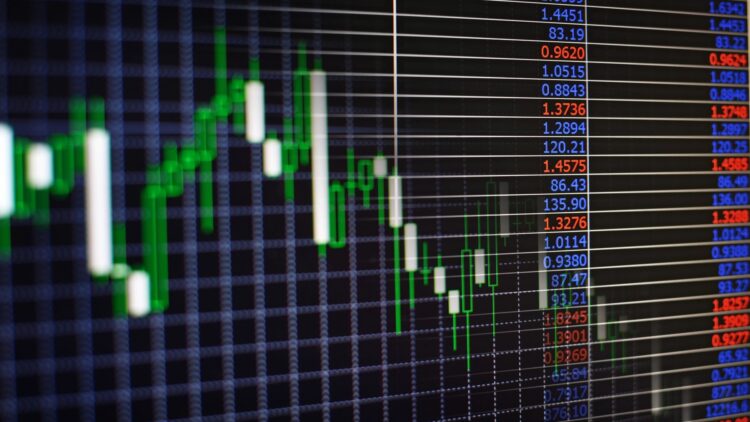In September, Americans’ consumer sentiment dropped sharply and to its lowest level since May. This reflects increased anxiety about the labor market and inflation. According to the University of Michigan’s preliminary Survey of Consumers, the sentiment index fell to 55.4, a 4.8% decrease from the August 58.2 reading. The survey reflects growing anxiety about an individual consumer’s finances and the economy. The index has dropped 21% year over year.
Labor market anxiety intensifies
According to their survey’s director, Joanne Hsu,
“The economy continues to have gaps, with increasing concern over other conditions, such as those of business, employment, and inflation.”
In the survey itself, one of the largest increases came from issues related to employment. About 65% of those surveyed think unemployment will shoot up over the next year. This sentiment is the lowest since the Great Recession. It’s also no wonder, given the new labor market reports, which showed the U.S. added a dismal 22,000 jobs in August. The revision of payroll data also showed that over the preceding March 2022 – to March 2023 period, the country had 911,000 jobs under its headcount than claimed.
Inflation still stands out as a serious problem. Short term inflation forecasts remained at 4.8%, while the long-term forecasts went up to 3.9% from 3.5% last month. This increase on the long-term inflation forecast indicates that the consumers are prepared to face unbeatable prices on some necessities like food and gas.
Tariffs and trade policy add to economic uncertainty
Tariffs are now impacting consumer attitudes. About 60% of people surveyed mentioned tariffs without any prompts in the discussions and showed concern on the trade policy and household budget having a negative connection. This concern is worsened by the reality that many people in the US are already struggling with expensive cost of living and no increase in salaries.
In the previous month, the same survey indicated a decline in the current conditions measure as well as on the expectations gauge in the index. The current conditions measure fell to 61.2 from 61.7 in August and the expectations gauge fell to 55.9 from 51.8. These results show that people are not only lacking optimism for the future but are also feeling quite negative about the current financial situation.
There was a distinction in the underlying data by political party. While Republicans and independents showed a sharp decline in confidence, Democrats came out with a little bit more positive outlook.
Current conditions and future outlook both decline
Looking at inflation data released in early September, there was a 2.9% annual increase in the Consumer Price Index during the month of August. Alongside tepid job growth and negative adjustments to the employment data, the economy seems to be lacking the spark needed to get going.
Considering the increased fuel inflation, a continuing decline in economic consumer confidence could lead to a significant contraction in economic growth. Chris Rupkey, chief economist at FWDBonds, captures the point well:
“If the consumer is not winning, the economy won’t be either.”
Now that the Federal Reserve is scheduled to meet towards the end of the month, the sharp decline in economic consumer confidence could inform the decisions the Fed makes on monetary policy.
Many market analysts now appear to agree expecting the Fed to cut interest rates as a result the further weakening of the economy and the still persistent inflation. The sharp drop in economic consumer confidence in September suggests the economy of the United States is still in a very weak. There is a strong belief that the fear of losing a job, inflation and uncontrolled economic policy is very real, and these factors could trigger a slowdown in growth driven by consumer spending in the coming months.


